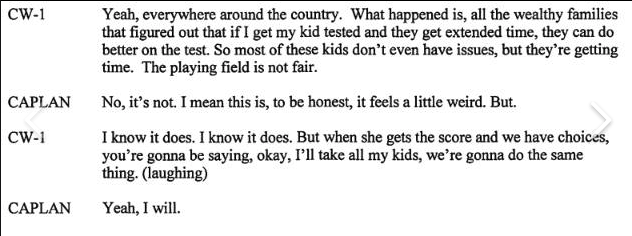Laws on hate crimes raise longstanding questions of fairness both in theory and application, including (when enacted at the federal level) dangers of overextension of federal criminal law and inroads on the prohibition against double jeopardy. The role of hate crimes as culture war rallying points can make things worse. In the Jussie Smollett episode, journalists came under fire for raising questions about unlikely elements of the actor’s story — Smollett had been “doubly victimized as the subject of speculation by the media industry and broader culture,” said the head of one progressive outfit — and even for hedging their stories about with words like “allegedly.”
After Smollett’s story fell apart, some advocates argued that no matter what might have happened this one time, data show that hate crimes are sharply on the rise and reports of them hardly ever prove unfounded. Is that the case? I tackle the question in a new piece at Inside Sources
An oft-repeated talking point is that FBI statistics last year, to quote Sen. Kamala Harris (D-Calif.), “revealed a 17 percent increase in the number of hate crimes in America.”
Let’s be polite and say those FBI figures are difficult to interpret….
In the state of Oregon, the college town of Eugene reported 72 hate crimes to the FBI in 2017, about as many as the rest of the state put together. According to the Daily Emerald, the difference reflects “the city’s active approach. … The city carefully catalogs reported instances … and even classifies certain crimes — such as vandalism — as a hate crime that other cities would classify in a different way.”
Word is that the Eugene approach is spreading as other cities get interested in steps such as asking officers to write up on their own initiative as a hate incident a graffiti epithet they might see, rather than only if a public complaint happens to come in.
Should those methods spread in coming years, the FBI count of reported hate incidents is sure to mount — yet still not demonstrate with any certainty a genuine rise.
For whatever reason, many of us are predisposed to accept findings that seem to highlight the prevalence of terrible injustice. The impulse to believe extends to matters of scholarship. So it was with a recently retracted 2014 study that purportedly found “structural stigma” in society shortens the lives of LGBT persons by a remarkable 12 years. The authors acknowledged that they had inadvertently committed a coding error with the data; once it was corrected, there was no statistically significant correlation at all between “structural stigma” and mortality. Yet the paper, with its inherently implausible findings, had already achieved “highly cited paper” status, and has continued to garner citations even after its retraction.
More: David Kopel 2003 (recommending stronger penalties for the perpetration of hoaxes).
Filed under: hate crimes, Oregon, WO writings

